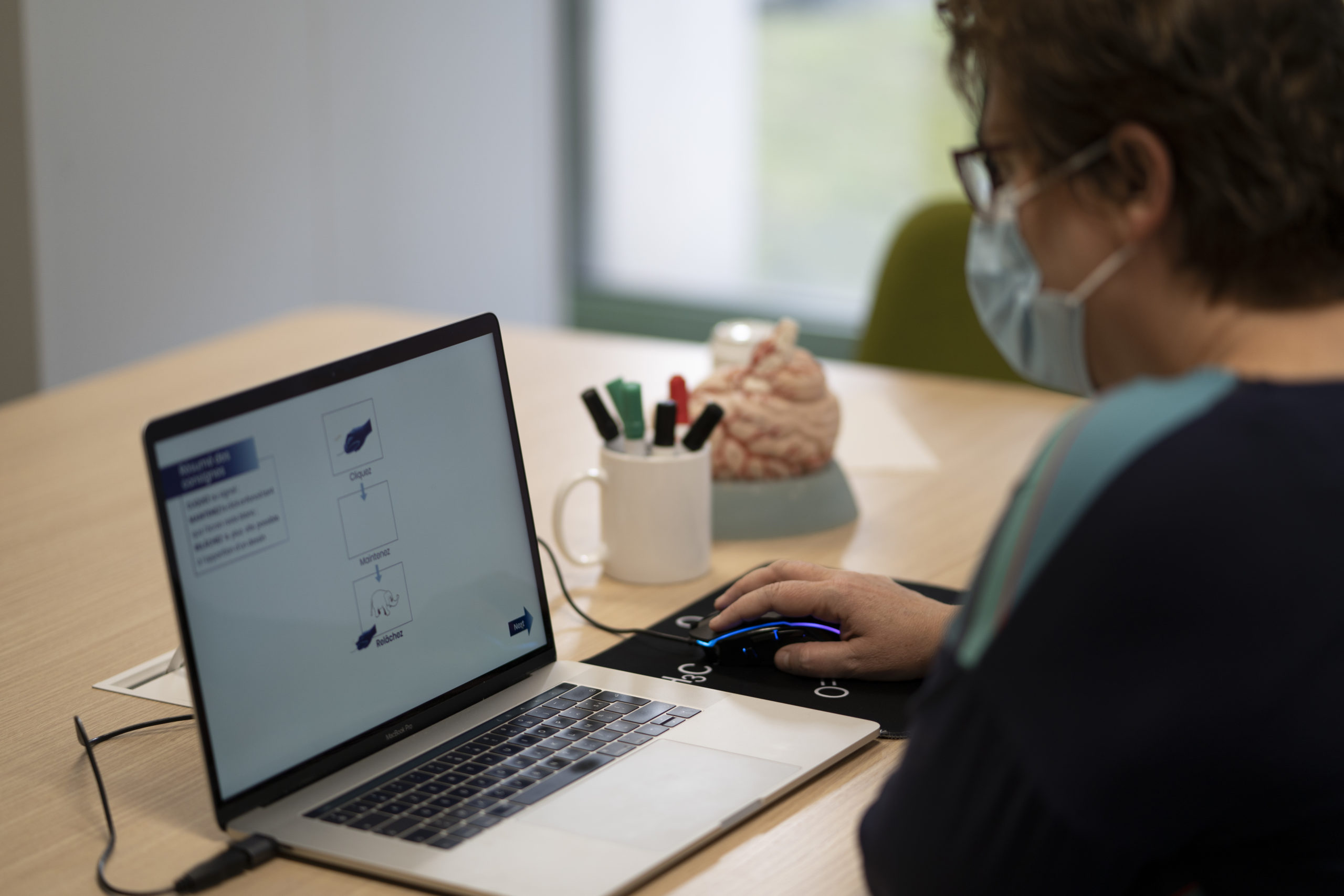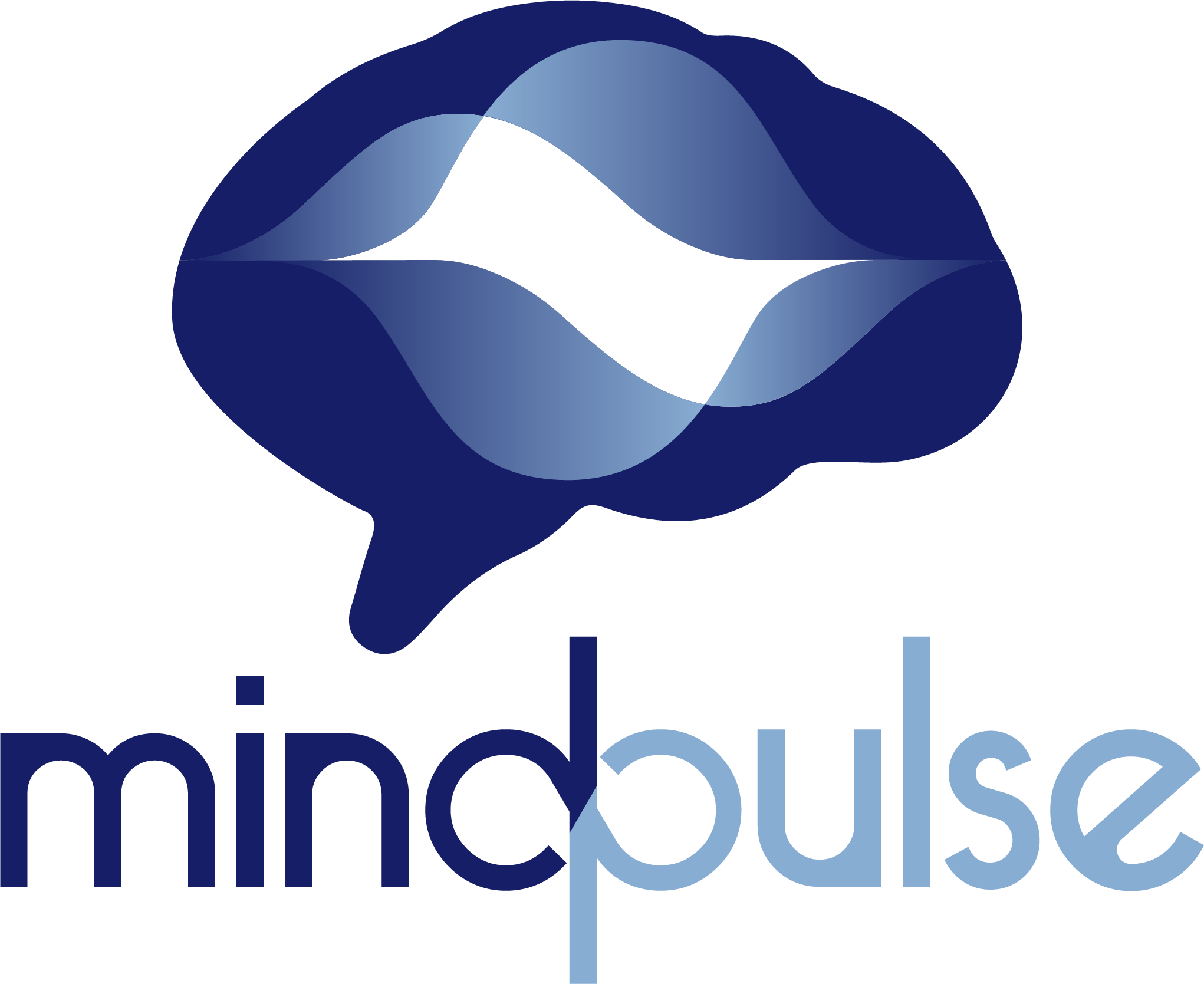Digital Health, a chance for neuropsychology?
Will the digital health transition be promising for neuropsychologists ?…
As things accelerate in Europe and around the world and as health turns to new technologies that bring hope, is French neuropsychology evolving ?
The tests available to the neuropsychologists haven't evolved in the past few decades. Their cultural bias were not adapted to the diversity of the population. The practitioners had difficulty to follow the evolution of the patients due to the lack of the possibility of a retest. Difficulty in objectivizing all of the cognitive deficits that underlie the patient's complete complaint (e.g. late detection of Alzheimer's disease, long Covid) posed major public health questions. In France, few resources have been allocated to the development of more precise tools. Digitization most often consists of computerization of tools of old design.
The controversy over the old tests and their lack of precision has mounted in the case of ADHD where the American Academy of Pediatrics has shown that these old-design tools are poorly correlated with the clinical, and in the face of these problems some practitioners are tempted to give up. Should we abandon the idea of measuring mental health?
We regularly note the risks of "all questionnaires", and the need for our profession to provide expertise based on objective tools; as sensitive and as reliable as possible.
What are the tests for? ? Like a thermometer or a blood pressure monitor, the tests do not give a "diagnosis" which remains in the medical field. There are tools to assess the presence of a cognitive symptom and its intensity; see its variability. If we transpose, this amounts measure the temperature at a given time rather than asking the patient if they have a fever.
Solutions exist to enable neuropsychologists to remain an essential link in the assessment and management of mental health, to refine their analyzes and better support them by entering the digital health revolution.
Scientific innovations are emerging, and MindPulse is part of of these new generation tests. It was designed by a researcher-neuropsychologist in view of her clinical need. It can differentiate perceptual or motor impairment from executive impairment. MindPulse makes it possible to measure finer attentional and executive functions with the discovery of a new index of brain functioning and the highlighting the balance of fundamental decision-making.

MindPulse is cross-cultural, standardized on nearly 800 people, and can differentiate perceptual or motor impairment from executive impairment. It was awarded, and patented with CNRS and Paris Saclay University.
The professionals who used it regularly brought up characterizations that they did not encompass with their regular tools, finer or highlighted by clues that they did not have before (see clinical cases).
So yes, Neuropsychology tools have entered the 2.0 revolution and we can affirm that our discipline will not disappear in the digital health revolution but, on the contrary, will gain renewed credibility in the evolution towards precision sanity.
Long live NeuroPsychology!
